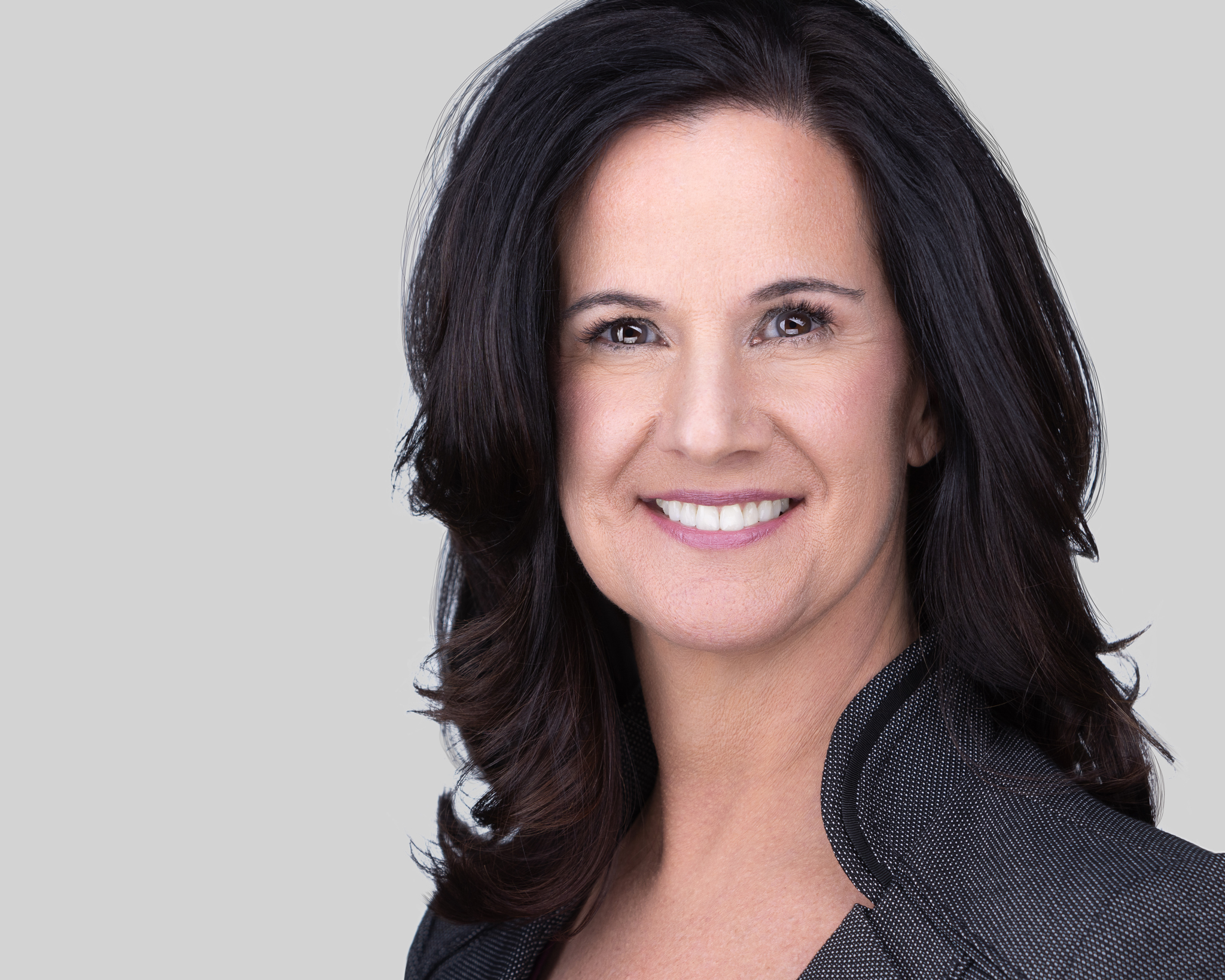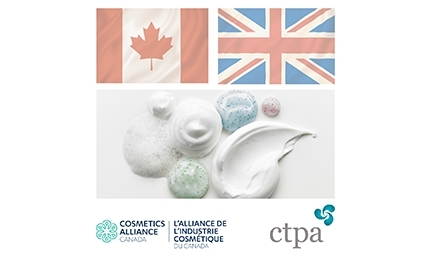Find us on...
How the cosmetics industry is blazing a global trail for animal-free science
Interview with Erin Hill, President and CEO of the International Collaboration on Cosmetics Safety (ICCS)

A science-led non-profit organisation, headquartered in the US but with members across the globe, the International Collaboration on Cosmetics Safety (ICCS) is on a mission to advance regulatory acceptance of animal-free testing approaches worldwide.
As a member of the ICCS and an active advocate of its work in the UK, CTPA caught up with its President and CEO, Erin Hill to explore its progress in advancing a cruelty-free future and the benefits this could bring far beyond cosmetics and personal care.
Why was the ICCS established and what does it hope to achieve?
In countries across the world, the cosmetics industry has been developing, evaluating and using innovative, animal-free testing approaches for more than four decades. The ICCS was created to build on that progress. Bringing together scientists and experts from across the cosmetics industry, research associations and animal protection organisations, we drive greater global awareness of and confidence in animal-free science. Together we can accelerate the transition to animal-free safety assessment for cosmetics, personal care products and their ingredients worldwide.
Helping every country to move away from animal-free science is a far-reaching ambition. How do you prioritise your efforts?
When we founded the ICCS we canvassed all of our members to understand where different countries are on their journeys and identify key barriers to progress. It was a really useful exercise for prioritising our work geographically. For instance, where we find countries like the UK looking to be pioneers in animal-free science, we can work with those regions and hope that others follow suit. Meanwhile, where countries are in the early stages of project development, we can offer training and education to advance their efforts.
That early canvassing work also revealed that many countries are facing the same challenges, which led us to develop three key pillars of work: training and education programmes, developing tools to advance the adoption of non-animal testing approaches and lastly engaging regulatory communities across the globe. Ultimately, all three pillars of our work are designed to expedite regulatory acceptance because that’s the shift we need to see in every country to make an animal-free future possible. It’s why conversations with regulators are always the first step in every region.
Are people surprised to learn that regulation (not cosmetic companies) is the biggest barrier to an animal-free future?
Yes, many people think cosmetics companies stopped testing on animals because they had to but the reality is companies started reducing their reliance on animal-based tests in the late 1970s. Decades before any bans were introduced, they had already recognised that tests based on animal data were not the most effective way to develop new ingredients or products. They were not as predicative, ethical or economical as the then emerging, non-animal alternatives, which is why companies started to go in a different scientific direction.
Science must have moved on significantly since those early alternatives. Can people feel confident that animal-free test methods today won’t compromise their safety?
Absolutely. Where the early alternative methods sought to replace individual, animal-based tests, today we’re able to build a whole weight of predictive evidence from a human cell-based or computational approach that can give the manufacturer, regulator and, of course, end consumer absolute confidence in the safety data. We call this Next Generation Risk Assessment (NGRA). It’s complex, and a huge shift for our industry, but it’s a really exciting one. It’s why we’re working with trade associations, like CTPA, to help train and upskill companies of all sizes so that everyone is empowered to assess safety in this way.
If the animal-free science is there, what is stopping regulators from embracing this?
We have to remember that the whole world relied on animal tests until relatively recently, which means most regulators simply won’t be trained in these methods. Animal-based tests are a known quantity to them that they are comfortable with. By contrast, what we call New Approach Methodologies, or NAMs are newer to them and it takes some time to build confidence in their use and application. A knowledge or experience gap can prove to be a sizable barrier to adoption.
Depending on where you are in your career, you also may not relish the idea of having to relearn toxicology and embrace a whole new mindset! A good analogy might be what’s happening with AI at the moment. If you’re a surgeon, AI might mean you’re suddenly having to get used to new equipment so that your patients can benefit from the new technology. The surgeons know it will be worth the effort, but it could still be a challenging prospect. It’s why the ICCS wants to provide as much support with animal-free science as possible to regulators and companies alike.
How optimistic are you that ICCS will achieve an animal-free future everywhere?
I’m extremely optimistic. Not just that the cosmetics and personal care industry will achieve an animal-free future worldwide, but that our cutting-edge science will bring other sectors with us. In the case of our industry, I don’t think there is a region in the world that isn’t under some type of pressure to make this shift. Everyone feels it’s the right thing to do and will happen - it’s just a matter of how quickly, depending on where you are.
For me, the most exciting point is that once we have shown we can do this with our ingredients and our industry, our approaches could be applied to a whole variety of other chemicals. The science we create and prove could be used for registering pesticides, for instance, or brand new medical devices. We have a very real opportunity to blaze a trail for non-animal science that will benefit industries far beyond our sector. It’s an incredibly exciting time to be working in the cosmetics and personal care industry.
CTPA has been a member of the ICCS since September 2023, supporting its efforts to engage the UK industry and regulatory community. CTPA’s membership of ICCS builds on its ongoing commitment to supporting the UK cosmetics and personal care industry in the development, promotion and regulatory acceptance of NAMs. CTPA’s latest initiative in this area is its Seminar on 25 April 2024, bringing together industry, Government, NGOs and academics to call for a dedicated UK Government strategy to progress the adoption of animal-free safety science for chemicals.
About ICCS
The International Collaboration on Cosmetics Safety (ICCS) is a global initiative focused on advancing the adoption of animal-free safety assessment approaches for cosmetics, personal care products and their ingredients. ICCS brings together scientists and experts from cosmetics manufacturers and suppliers, industry associations, and animal protection organizations to drive greater global awareness to accelerate widespread use of animal-free science through research, education, and regulatory engagement. For more details on ICCS and its members, visit www.iccs-cosmetics.org.

